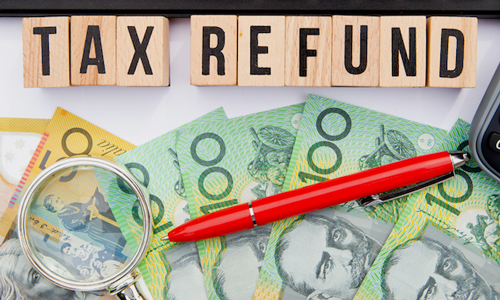Economic uncertainty is one of the risks of investing in property, which is completely beyond your control. The state of the economy is a complicated system, which relies on market dynamics and legislative regulation to keep it in balance.
Property is one market within the economic system, which is vulnerable to changes in both monetary policy and fiscal policy. A change in monetary policy would mean changes to interest rates and lending criteria. This affects an investors ability to refinance a loan or equity lend for further investment.
Changes in fiscal policy are initiated by government and include things like budgeting for infrastructure projects and changes to tax rules. These changes will guide an investors decisions regarding investment strategy.
The successful property investor plans for economic changes, in order to decrease the impact to their investments. Here are 3 ways to protect your property investment from economic uncertainty.
- Fixed Interest Rates
When the economy is experiencing slow growth, the Official Cash Rate (OCR) is adjusted downwards by the Reserve Bank of Australia. A decrease in the OCR will encourage spending and stimulate growth. The property sector responds with an increase in housing loans, dwelling construction and property transactions.
The opposite is true when the OCR is increased, which slows the property market and decreases lending activity. Whenever the OCR is adjusted upwards, banks will respond by increasing their interest rates. The best way to avoid the effects of interest rate changes is to fix interest rates when applying for a mortgage.
The interest rates for a fixed-interest loan will be slightly higher than a variable-interest loan, to make up for the banks loss of income when interest rates increase. However, a fixed-interest loan provides the added security of being unresponsive to economic changes. The only time it makes sense to choose variable-interest, is when the economy is slowing and interest rates are on a downward trend.
2. Buffer
If you already have a variable interest loan and interest rates increase, the best way to protect your investment is by having a buffer of savings or extra funds in a bank account, preferably as an ‘offset’ account rather than a ‘Line of Credit’ or a credit card.
Not only will a buffer decrease the burden of interest rate rises, but it will also provide a source of funds for unplanned events such as loss of income or emergency repairs. It is recommended to have a buffer that covers at least 3 months of mortgage repayments and living expenses.
3. Strategy
Changes to tax rules, affect the cashflow of a property and many investments would not have been made, had it not been for tax incentives. If your strategy relies heavily on negative gearing, this is when tax changes can affect your investment the most.
If you predict economic changes will affect the profitability of your investment, this is the best time to review your portfolio and determine whether to change your strategy to one which creates a balanced portfolio of both positive and negative geared property investments.











